In a statement, White House press secretary Karoline Leavitt said on Thursday that Trump had “exercised his constitutional authority by issuing a pardon for Mr Zhao, who was prosecuted by the Biden Administration in their war on cryptocurrency”.
Recommended Stories
list of 4 itemsend of list
Zhao and Binance have been closely linked to the Trump family’s crypto companies. As such, the president’s decision to pardon Zhao is viewed by some as a conflict of interest. US economist and former Labor Secretary Robert Reich called Trump’s move part of a “Pay-to-Pardon Scheme”.
In response to the announcement, Zhao said on Thursday: “Deeply grateful for today’s pardon and to President Trump for upholding America’s commitment to fairness, innovation, and justice.” A token associated with Binance – BNB – rallied by 8 percent following Trump’s decision.

What was Zhao found guilty of?
Zhao was released from prison in September 2024, after serving a four-month sentence for violating the US Bank Secrecy Act. He was the first person to ever serve prison time for breaking that law, which was passed in 1970.
The act requires that financial institutions know their customers, monitor their transactions and file reports of suspicious customer activity. Prosecutors said no one had ever violated the rules to the extent that Zhao did between 2017 and 2024.
In his ruling, the judge for the Western District of Washington said he had been disturbed by Zhao’s decision to ignore any US banking rules that appeared to check Binance’s growth. “Better to ask for forgiveness than permission,” was Zhao’s approach to US law, prosecutors claimed.
Over the course of seven years, prosecutors said Binance had facilitated more than 1.5 million virtual currency trades – totalling roughly $900m – which violated US laws and sanctions, including ones involving al-Qaeda and Iran.
In addition, investigators said drug traffickers and networks linked to child sexual exploitation used Binance to move and convert illicit funds anonymously. The exchange’s weak customer verification system and tolerance for high-risk transactions made it a hub for illegal operations, they alleged.
Zhao, 47, pleaded guilty in November 2023 to one count of not monitoring money-laundering at his company and was barred from operating in the US. The firm also agreed to pay $4.3bn to settle other allegations from the Department of Justice.
“I failed here,” Zhao told the court last year during sentencing. “I deeply regret my failure, and I am sorry.”
Zhao grew up in rural China before his family emigrated to Canada following the 1989 Tiananmen Square massacre. As a teenager, he was fascinated by the technology industry and went on to study computer science at McGill University in Canada. He cofounded Binance in 2017.
The pardon will lift restrictions that prevented Zhao from running ventures in the US again. In particular, it could pave the way for him to return to Binance, which has continued operating since Zhao’s arrest.
He is best known as the former archrival of Sam Bankman-Fried, the founder of FTX, the world’s second-largest crypto exchange before it collapsed in 2022. Bankman-Fried was convicted of stealing $10bn of customer funds and was sentenced to 25 years in jail.
Why has Trump pardoned Zhao?
“A lot of people say that he wasn’t guilty of anything,” Trump said at a White House briefing on Thursday. “He served four months in jail, and they say that he was not guilty of anything.” He also said he’d “been told … that what he did is not even a crime”.
“I gave him a pardon at the request of a lot of very good people,” added Trump.
Announcing the pardon, Karoline Leavitt, White House press secretary, told reporters that the White House counsel’s office had “thoroughly reviewed” the request.
Leavitt claimed that the administration of former President Joe Biden had pursued “an egregious over-sentencing” in Zhao’s case, was “very hostile to the cryptocurrency industry” and that Trump “wants to correct this overreach”.
What is Trump’s approach to the crypto industry?
During his presidential campaign last year, Trump promised to take a friendlier approach to the crypto industry than his predecessor had. He won large campaign donations from cryptocurrency players.
Since returning to office in 2025, Trump has loosened regulations in the sector, sought to establish a national cryptocurrency reserve and disbanded the government’s crypto-related enforcement team.
Zhao’s pardon is the latest move by the White House to offer clemency to convicted crypto entrepreneurs in the US. In February, the Trump administration halted a fraud case against crypto entrepreneur Justin Sun, who had ties with World Liberty Financial. Trump has also pardoned the cofounders of crypto exchange BitMEX, who were charged with breaking the US Bank Secrecy Act in 2022.
On Thursday, however, Joe Lonsdale, cofounder of Palantir, a data software company, wrote on X that while he supported Trump, the president had been “terribly advised” on recent pardons. “It makes it look like massive fraud is happening around him in this area,” he said.
Elsewhere, Democratic Senator Elizabeth Warren, who has been outspoken in her criticism of the president’s links to the crypto industry, blasted the decision over Zhao in a statement as a “kind of corruption”.
Is this a conflict of interest?
Critics of Trump say there is a conflict of interest in his pardoning of Zhao. Robert Reich, an economist and former labor secretary under President Bill Clinton, wrote on X that it “comes after Zhao helped boost the Trump family’s crypto business” and called the pardon an “example of Trump’s Pay-to-Pardon scheme”.
Trump has pardoned billionaire crypto mogul and Binance founder Changpeng Zhao — who pled guilty to money laundering charges.
This comes after Zhao helped boost the Trump family’s crypto business.
It’s just the latest example of Trump’s Pay-to-Pardon Scheme. pic.twitter.com/WS6vZEsxZB
— Robert Reich (@RBReich) October 23, 2025
The president and his family have their own crypto firm – World Liberty Financial – and have had close dealings with Binance.
In March 2025, World Liberty Financial launched its own “stablecoin” – a dollar-pegged cryptocoin backed by US treasuries – called USD1. This was issued on Binance’s blockchain – a decentralised, digital ledger. In addition, Binance promoted USD1 to its 275 million users.
USD1 was also supported by an investment fund in the United Arab Emirates, MGX Fund Management Limited, which used $2bn worth of the World Liberty stablecoin to buy a stake in Binance.
According to the New York Times, that deal alone could generate tens of millions of dollars for the Trumps. But the White House has previously stated that Trump has no conflicts of interest with Binance as his crypto assets are held in a trust and not overseen by him.
Still, as of September, Trump reportedly held almost 15.75 billion in World Liberty Financial tokens, worth more than $3.4bn, making crypto the most significant source of his fortune, which includes real estate assets.

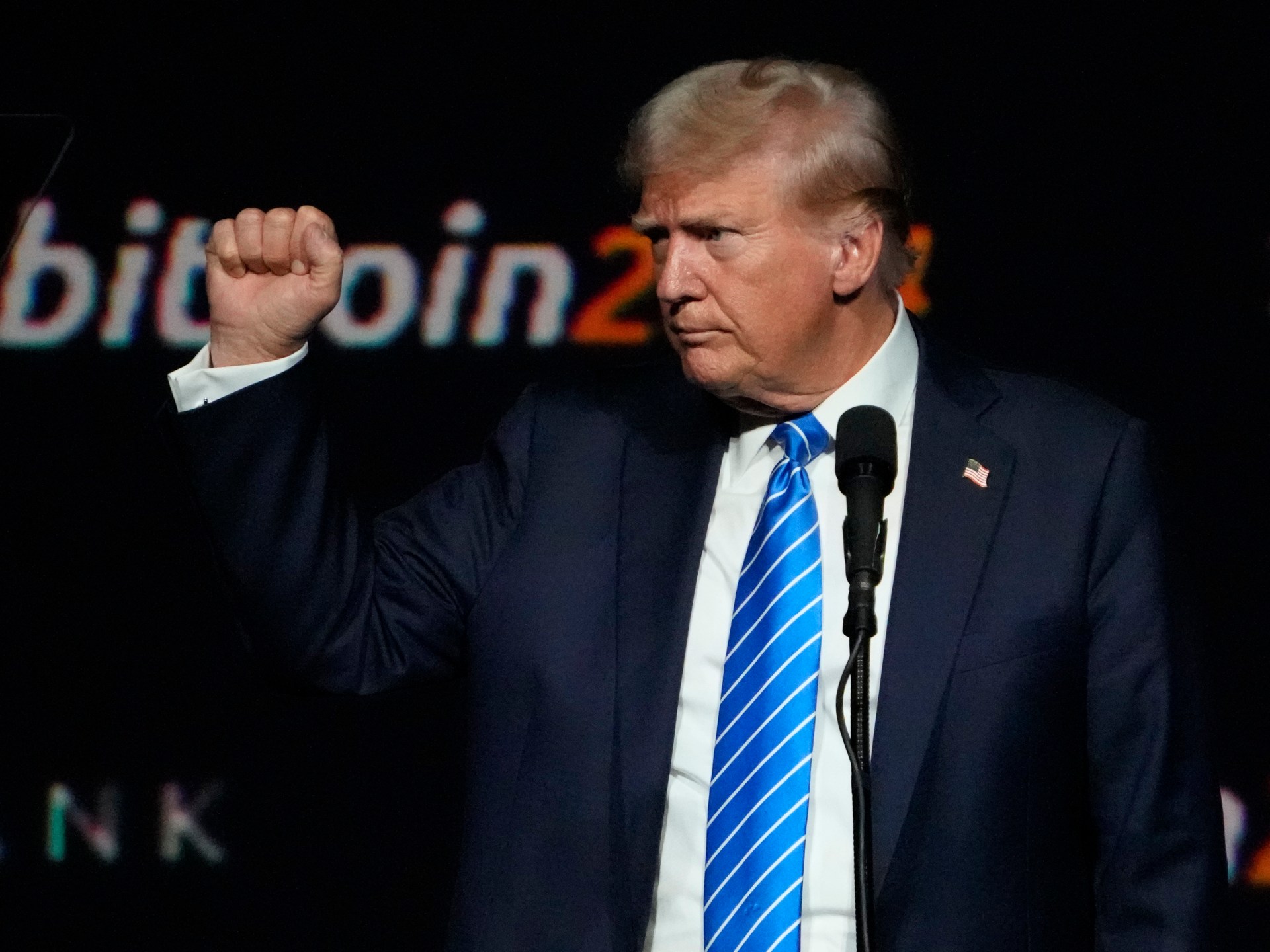

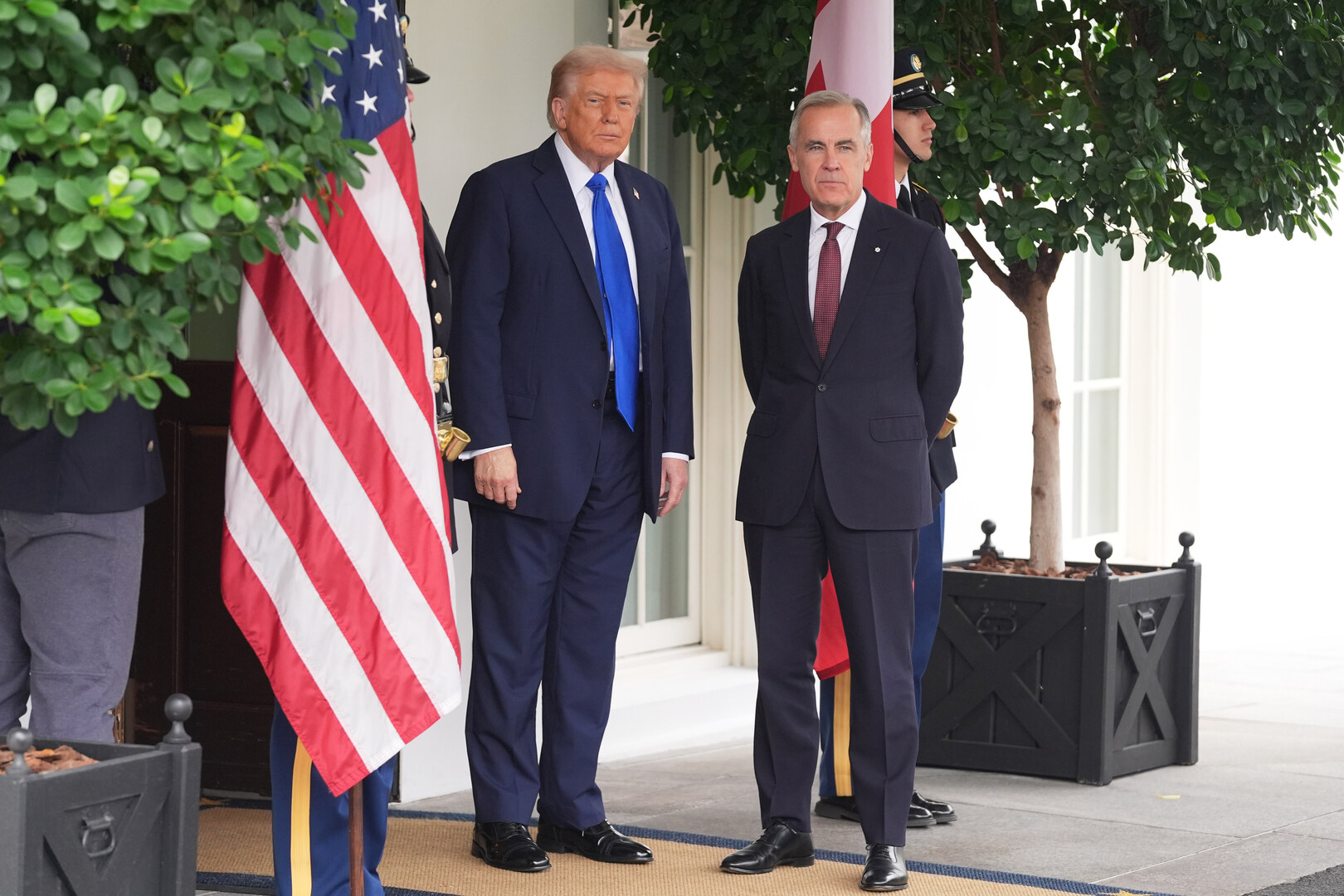


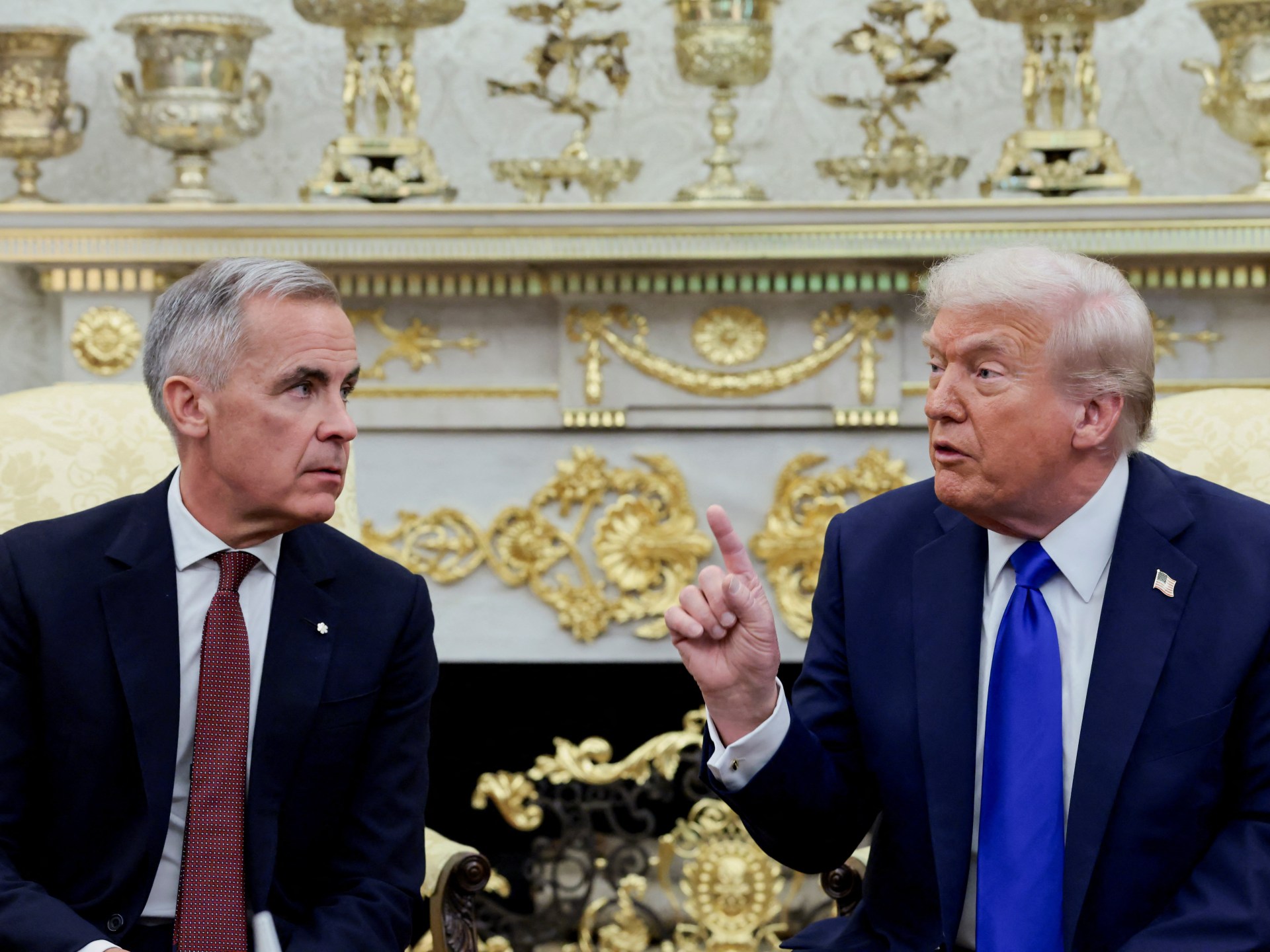
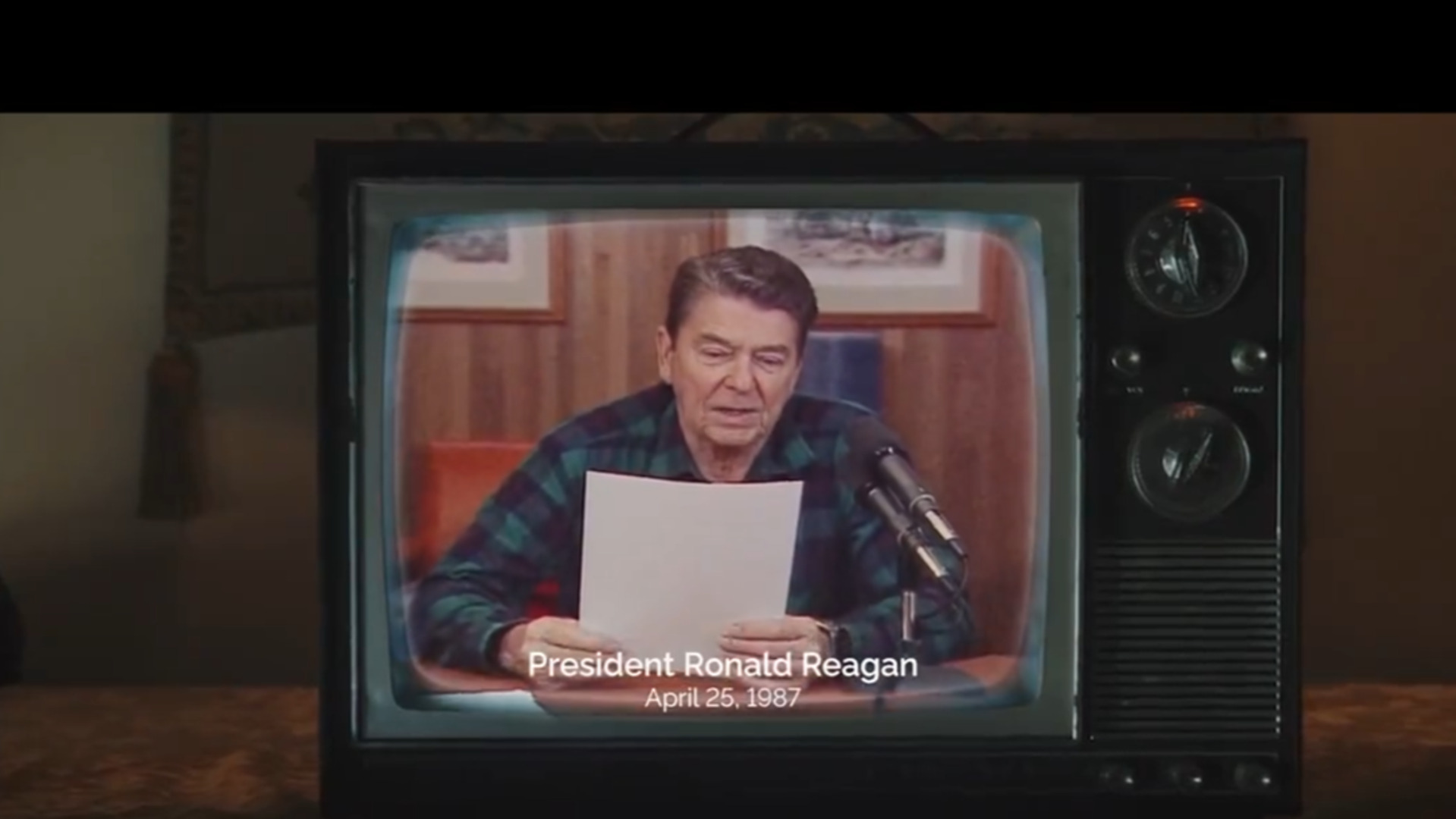

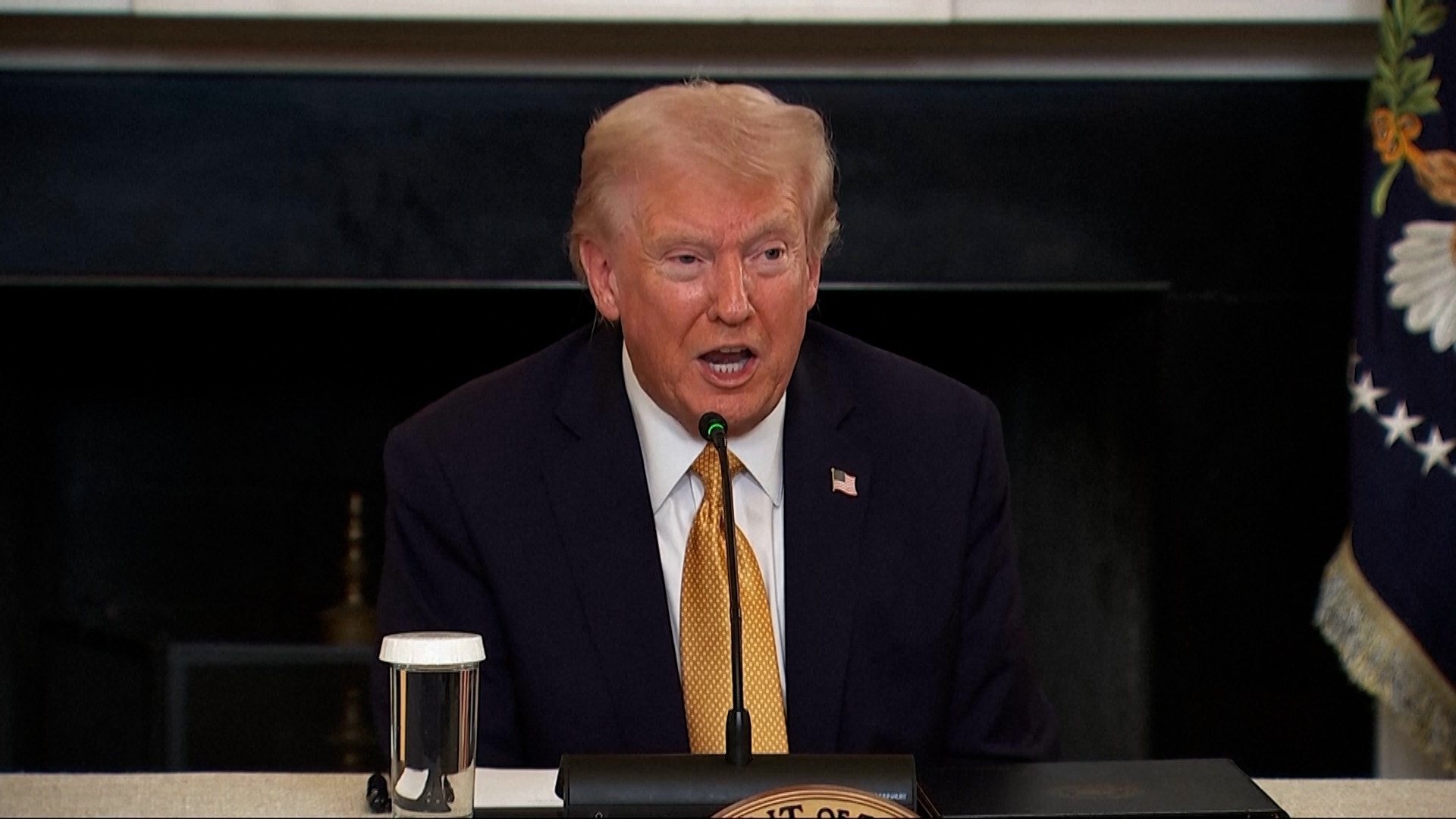



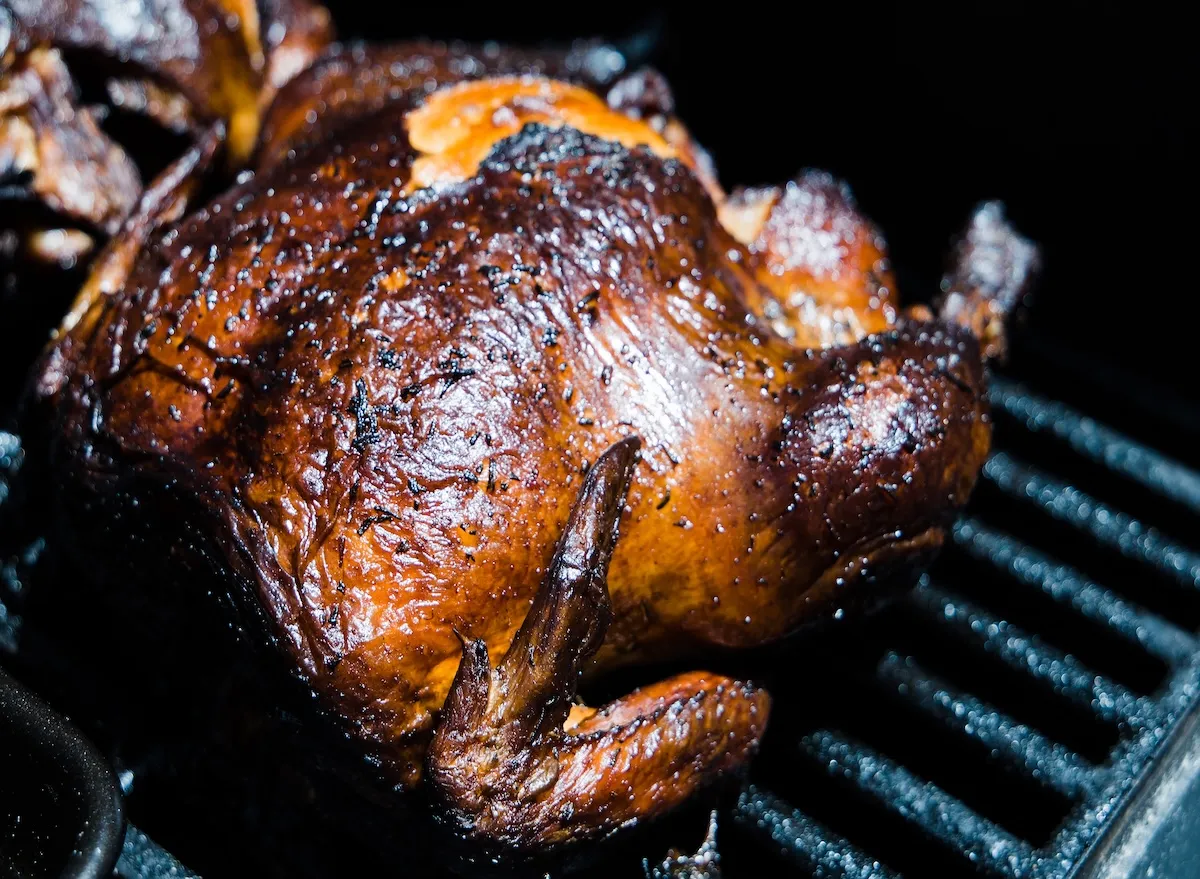
Leave a Reply